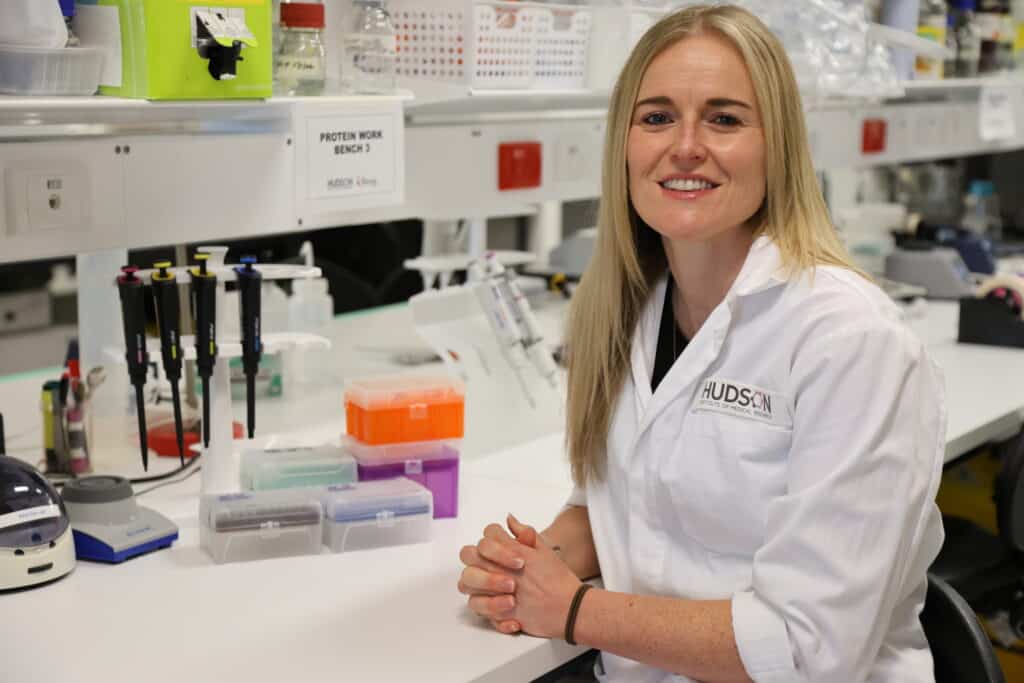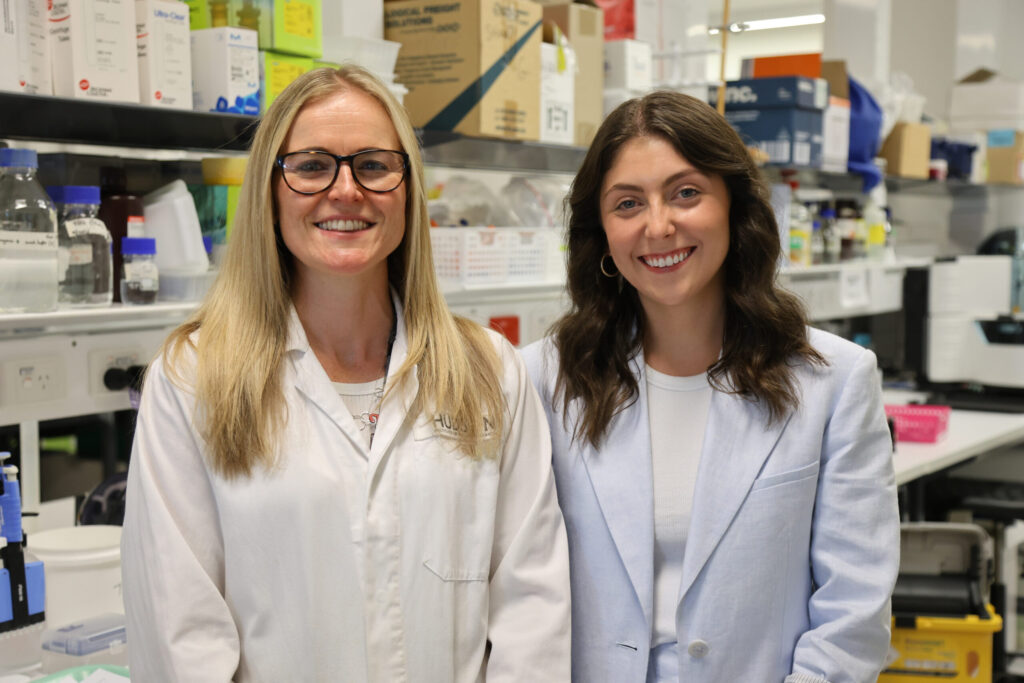Like most endometriosis sufferers, Maddy Forster went from knowing very little about the disease to being something of an expert – she now calls herself an endometriosis advocate – but it was a process that took years and included many wrong turns along the way.
"I was constantly getting pain and I ended up back at the doctor's every 6 to 12 months saying, 'Things don't feel right', and I was just told nothing was wrong. It took a lot of time and money to eventually get that diagnosis in my third excision laparoscopy."
At just 26 years old, Maddy has just had surgery for the sixth time, and she knows that until better treatments are found, it'll be far from her last.
"It's been a real journey. It affects literally every single area of my life: socially, mentally, emotionally, physically," Maddy said.
"There's a real lack of understanding by people around us who just don't 'get it', whether that's an employer, a friend, family member. It's something people struggle to understand because I don't look sick."
Endometriosis advocates share common ground
Hudson Institute's Dr Fiona Cousins is an endometriosis expert; her knowledge comes from a very different experience of the disease, but when the two women met for the first time, there was plenty of common ground.

Dr Cousins has spent 10 years studying the condition, understanding how and why it occurs, and looking for ways to minimise its impact.
"What we don't know is why some people get endo and some people don't, and that's what research scientists like me are working on," she recently told Channel 9's Today Show.
"It's not ideal. At the moment there are very few treatment options for people who have endometriosis," said Dr Cousins.
Her latest research centres on a specific cytokine ("just a fancy word for a secreted protein", in her words) discovered here at Hudson Institute, with the potential to do some wonderful things: Interferon Epsilon (IFNε).
Building on Hudson Institute discovery
IFNε was first discovered by Professor Paul Hertzog's lab around 20 years ago as a distinct member of the well-known cytokine family, type I interferons, and was found to be unique because it is highly expressed in the female reproductive tract. More recent studies have unlocked the role of IFNε in infections and cancer.
Dr Cousins is now investigating whether IFNε could also have a role in treating endometriosis, but she says there are still a lot of boxes to be ticked before there is an IFNε-based treatment that can be tested on human subjects. However, the data so far looks very encouraging.

Dr Cousins and Maddy met recently in the lab, giving each a glimpse into the other's world and giving everyone else a real-life reminder of why this research is so important.
Dr Cousins needed no reminding, but it always helps to put a face to the condition you are striving to conquer.
Maddy knows she is not alone on this journey. She also knows that anyone who has endometriosis faces their own individual battle in a society that too often dismisses this debilitating condition as 'just period pain'.
She said, "Life for me didn't follow the path that I thought it would; however, I've tried to make something of it. I now run my own business and I'm an endometriosis advocate for those who have endometriosis but feel like they can't speak up. This is something that's really important to me."






